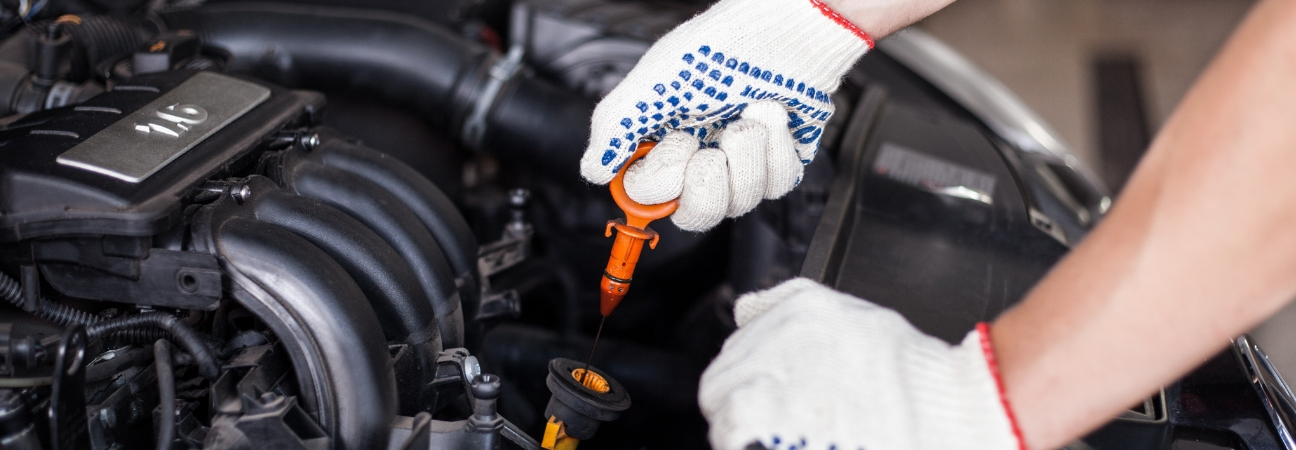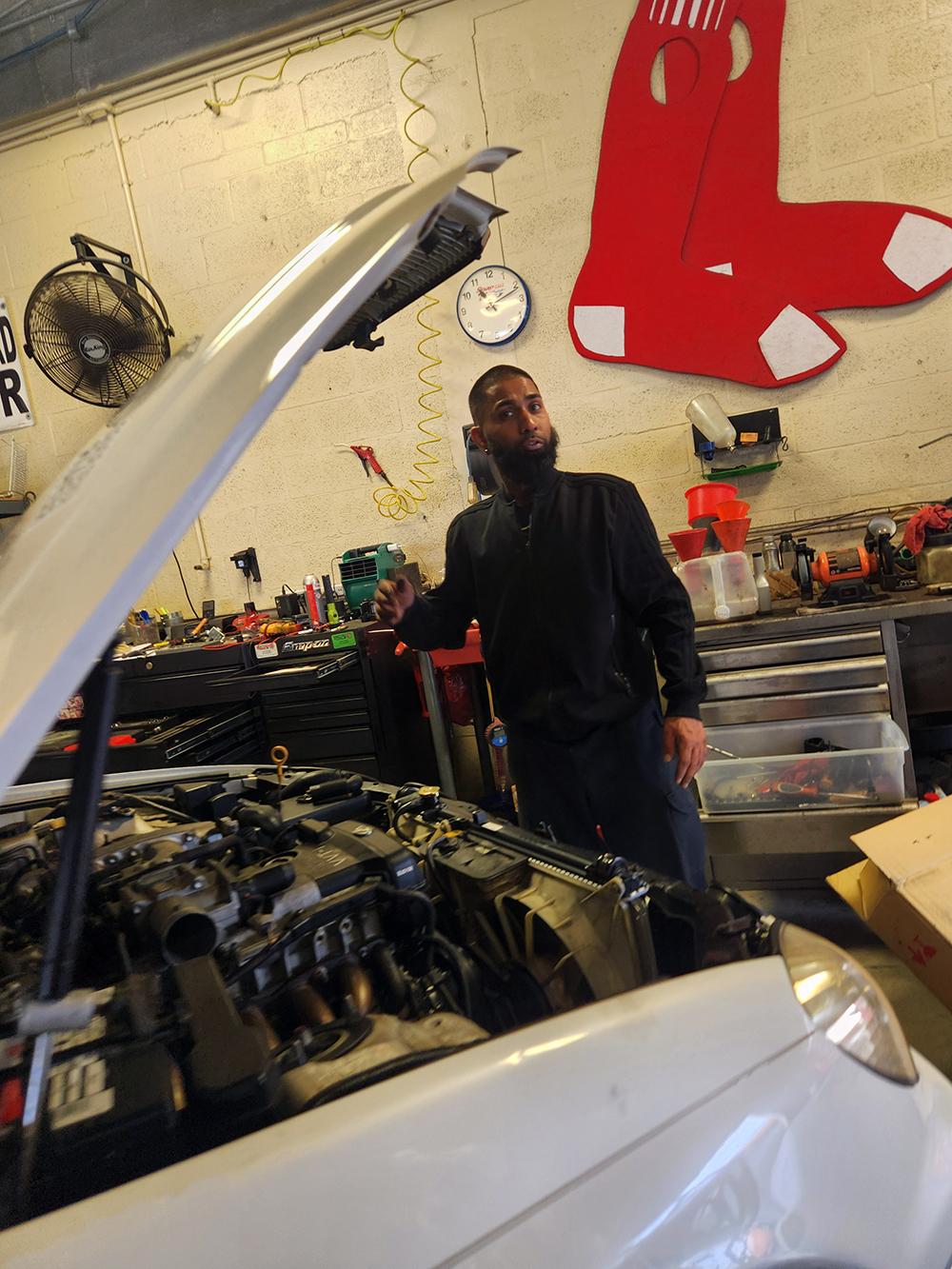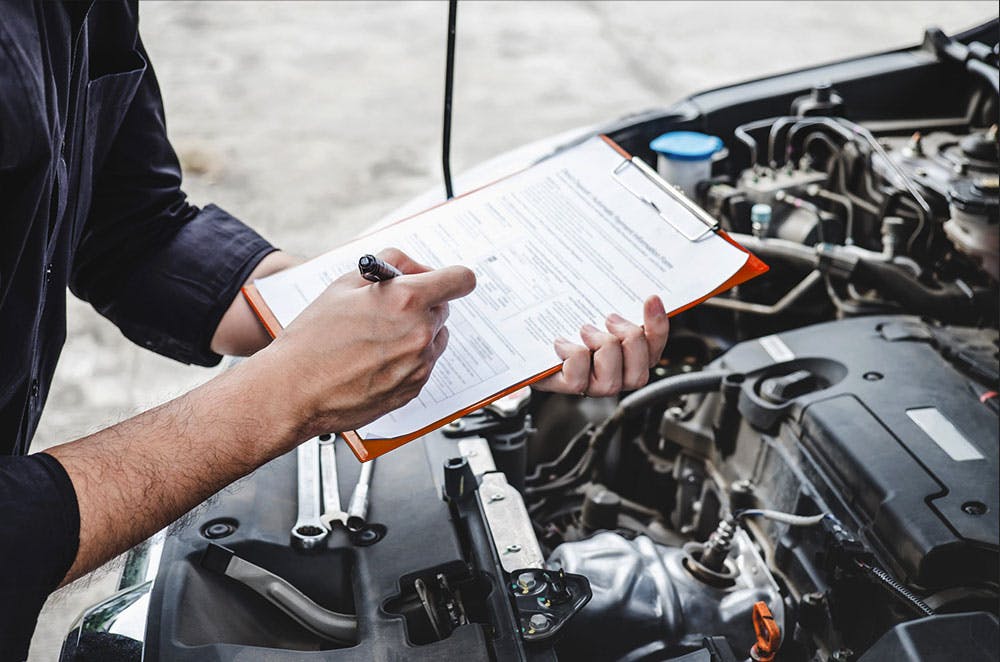All Categories
Featured

Recognizing the distinction between routine upkeep and fixings is essential to guaranteeing your auto stays in leading condition and operates successfully throughout its life. Routine upkeep is about prevention and continuous care, while repairs are needed when something breaks or malfunctions.
Routine Upkeep: Stopping Future Troubles. Regular maintenance involves the routine, scheduled solutions that maintain your automobile in good functioning order and prevent issues from developing. These tasks are designed to ensure that all parts of your car remain to operate as they need to and help preserve the car's dependability. Regular upkeep is usually outlined in your automobile's proprietor handbook, specifying when to do particular jobs based upon gas mileage or time intervals.

Some examples of routine maintenance consist of:
Oil Modifications: Oil oils the engine, ensuring it runs efficiently and effectively. Normal oil adjustments, commonly every 3,000 to 5,000 miles, assistance stop engine wear and maintain the car running ideally. Tire Rotation and Harmonizing: Tire rotation aids also out tire wear, while balancing guarantees smooth handling and improves tire durability. This ought to be done every 6,000 to 8,000 miles. Brake Inspections: Your vehicle's braking system requires regular checks to make sure the pads remain in great condition, the fluid degrees are sufficient, and the rotors are working well. Fluid Checks: Keeping an eye on necessary fluids, including transmission fluid, coolant, brake fluid, and power steering fluid, aids maintain the engine and various other systems running smoothly. Air Filter Replacement: The engine air filter keeps dirt and debris from entering the engine. Replacing it frequently helps maintain engine performance and gas effectiveness. These maintenance jobs are preventative in nature, designed to extend the life of your vehicle and lower the danger of failures. By executing regular maintenance, you can capture small issues prior to they rise into bigger, a lot more costly problems.
Services: Repairing Troubles That Emerge. Repairs, on the other hand, are essential when a component of your car breaks or fails down. Unlike routine upkeep, which is concentrated on avoidance, repair services are responsive measures taken when something breakdowns or uses out.

Instances of common fixings consist of:
Transmission Issues: Troubles such as sliding gears, problem changing, or odd noises may signal a breakdown in the transmission, requiring repair services or substitute. Engine Services: If the engine is misfiring, overheating, or showing other signs of trouble, it might require a repair or replacement of certain components like the trigger plugs, timing belt, or sensors. Brake Repairs: If your brakes are squealing, making grinding noises, or failing to quit the automobile properly, you may require to change brake calipers, pads, or rotors. Battery Substitute: If the car has trouble starting or the battery caution light appears, it might be time to replace the battery. Suspension and Steering Fixings: If you experience irregular tire wear, a harsh adventure, or problem steering, maybe a sign that the shock absorber or guiding components need repair service. Because they include fixing problems that could affect the cars and truck's safety or functionality, repairs are normally extra costly than regular maintenance. Depending upon the extent of the trouble, repair work may require specialized components and labor.
Secret Distinctions In Between Regular Upkeep and Repair Services. Objective: Routine maintenance intends to protect against concerns and make certain that the vehicle runs successfully. Fixings are needed to deal with problems that have actually currently happened. Regularity: Maintenance tasks are executed on a normal timetable, while repairs are required when specific issues arise suddenly. Expense: Regular upkeep is typically cheaper, as it entails small checks, modifications, and component replacements. Repair work can be extra pricey due to labor and parts associated with fixing broken parts. Timing: Maintenance is foreseeable and prepared, whereas repairs happen when something goes wrong, commonly leading to even more immediate interest. The Significance of Both Regular Repair And Maintenance. While regular maintenance is very important for minimizing the demand for fixings, repair work are sometimes unavoidable. Even the best-maintained automobiles can experience deterioration over time. It's vital to be proactive with maintenance and address fixings immediately to ensure your car remains safe and reliable to drive.
By remaining on top of normal upkeep tasks, you can reduce the threat of requiring expensive repairs. When fixings are needed, resolving them early can help stop further damages and make sure that your car remains to execute at its finest.
Conclusion. In summary, regular upkeep and fixings are both important parts of vehicle treatment. Regular upkeep assists prevent problems and guarantees your auto is running efficiently, while repairs are required to fix issues that develop suddenly. By stabilizing routine upkeep with prompt repair work, you can prolong the life of your automobile and take pleasure in a safer, a lot more trusted driving experience.
Latest Posts
Discover Exclusive Auto Repair Offers in Chicago at Montclare Auto Repair
Published en
1 min read
Explore the Top Auto Repair Deals in Montclare, Chicago
Published en
1 min read
Learn Why Chicago Drivers Trust Montclare Auto Repair for Reliable Service and Huge Savings
Published en
1 min read
More
Latest Posts
Discover Exclusive Auto Repair Offers in Chicago at Montclare Auto Repair
Published May 26, 25
1 min read
Explore the Top Auto Repair Deals in Montclare, Chicago
Published May 25, 25
1 min read
Learn Why Chicago Drivers Trust Montclare Auto Repair for Reliable Service and Huge Savings
Published May 23, 25
1 min read